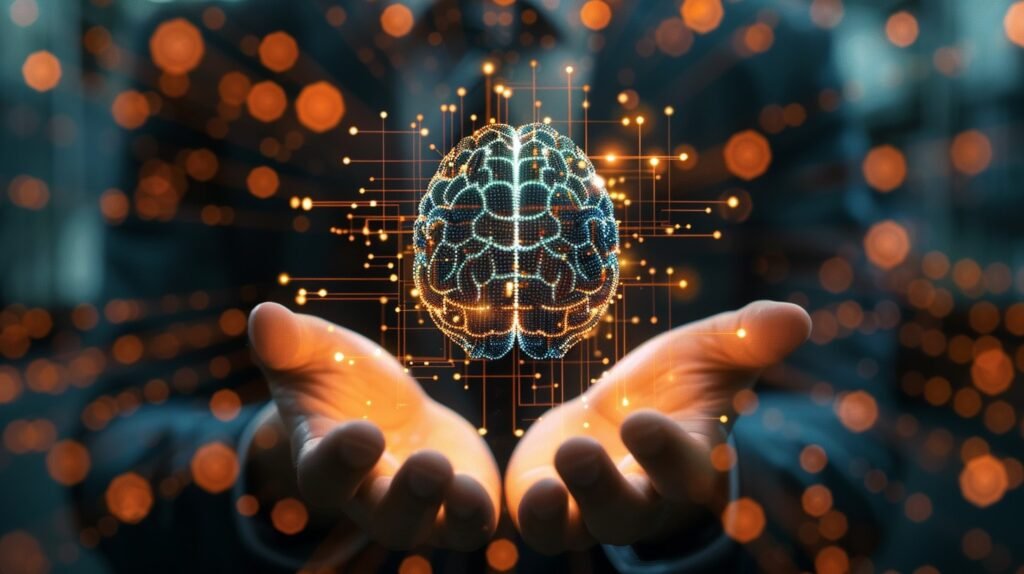In recent years, the integration of artificial intelligence (AI) into everyday technology has become increasingly prevalent, revolutionizing how we interact with and perceive the world around us. From virtual assistants and smart home devices to personalized recommendations and autonomous vehicles, AI has permeated various aspects of our lives, promising convenience, efficiency, and innovation like never before.
AI’s Everyday Applications
The Proliferation of Virtual Assistants
One of the most noticeable ways AI has infiltrated our daily lives is through virtual assistants like Siri, Google Assistant, and Amazon’s Alexa. These AI-powered agents use natural language processing and machine learning to understand user commands and perform tasks ranging from setting reminders and playing music to controlling smart home devices. Their seamless integration into our devices and homes has made them indispensable companions, simplifying our daily routines and enhancing productivity with their intuitive interfaces.
Virtual assistants have come a long way from their early days. They can now understand and process complex commands, manage multiple tasks simultaneously, and even engage in casual conversation. Their ability to learn from user interactions allows them to provide more personalized and relevant responses over time, making them smarter and more useful with each use.
Revolutionizing Personalized Recommendations
Another significant impact of AI is seen in the realm of personalized recommendations. AI algorithms analyze vast amounts of data to tailor suggestions to individual preferences and behaviors. Whether it’s Netflix recommending movies based on your viewing history or Amazon suggesting products you might like, AI-driven recommendation systems deliver hyper-personalized experiences. This enhances user satisfaction and engagement by anticipating and fulfilling users’ needs and desires.
These recommendation systems rely on complex algorithms that learn from user interactions and continuously refine their suggestions. By understanding patterns and preferences, AI can make highly accurate predictions about what users might enjoy, thereby improving the overall user experience and driving sales for businesses.
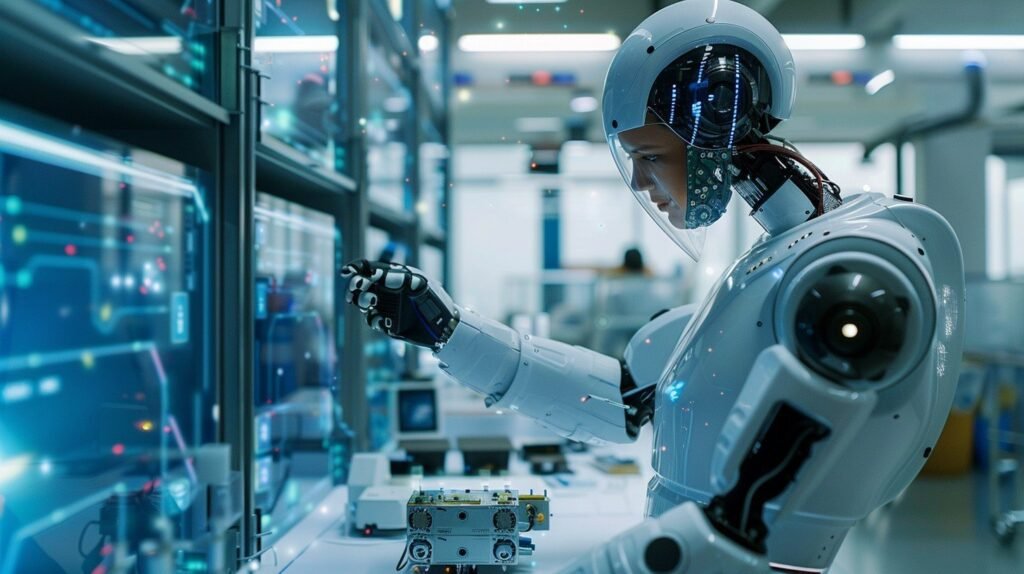
Transforming Healthcare and Wellness
AI’s influence extends beyond convenience and personalization; it is also revolutionizing healthcare and wellness. Medical imaging systems powered by AI can analyze diagnostic images with remarkable accuracy, aiding clinicians in the early detection and diagnosis of diseases. Wearable devices equipped with AI algorithms monitor vital signs and detect anomalies, empowering individuals to proactively manage their health. Additionally, AI-driven virtual health assistants and telemedicine platforms provide personalized medical advice and facilitate remote consultations, improving access to healthcare services.
These advancements in healthcare are not only enhancing the quality of care but also making it more accessible. AI enables more accurate and timely diagnoses, leading to better patient outcomes. Telemedicine and virtual health assistants are breaking down barriers to healthcare access, particularly in underserved areas.
AI in Transportation and Education
AI in Transportation and Mobility
AI has also made significant strides in transforming transportation and mobility solutions. Autonomous vehicles, equipped with advanced sensors and AI algorithms, hold the promise of safer and more efficient transportation by reducing human errors and optimizing traffic flow. Companies like Tesla, Waymo, and Uber are at the forefront of developing self-driving cars that can navigate complex environments with minimal human intervention.
Ride-hailing services are leveraging AI-powered algorithms to predict demand, optimize routes, and enhance the overall user experience. These algorithms analyze historical data and real-time information to provide accurate ETAs, reduce wait times, and match riders with the most suitable drivers. Additionally, AI-based navigation systems offer real-time traffic updates and alternative routes, helping drivers navigate congested roadways more efficiently.
AI in Education
In the field of education, AI is revolutionizing the learning experience by providing personalized instruction and interactive learning opportunities. Intelligent tutoring systems use adaptive learning algorithms to assess students’ knowledge and tailor instructional content to their individual learning pace and preferences. These systems can identify areas where students struggle and provide targeted support, making learning more effective and engaging.
AI-powered educational apps and platforms offer a wide range of features, from virtual simulations and interactive exercises to personalized feedback and progress tracking. These tools augment traditional classroom instruction, allowing educators to better meet the needs of each student. By making learning more accessible and customized, AI is helping to bridge educational gaps and improve outcomes for students worldwide.
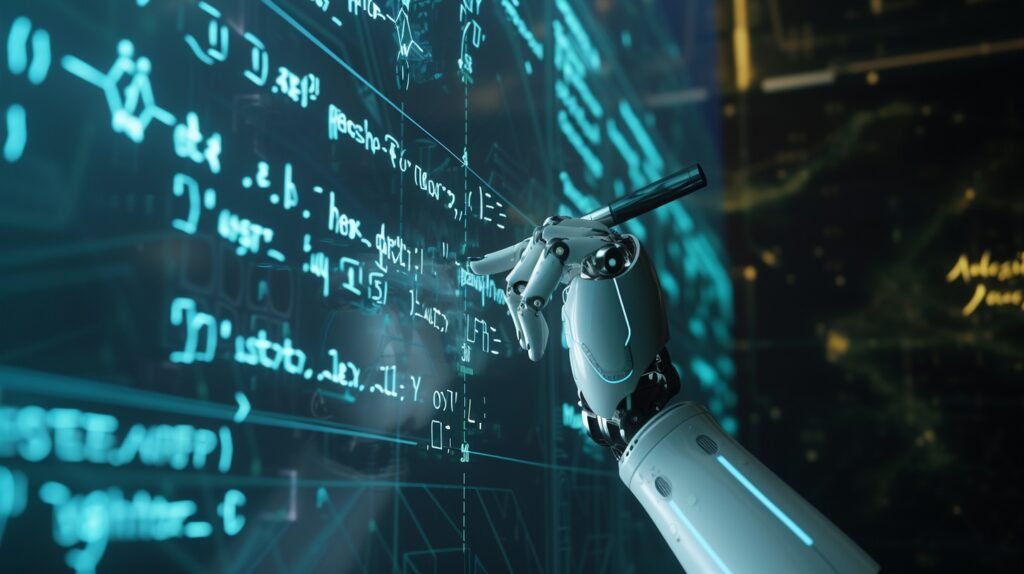
Enhancing Learning with AI
AI is not just about automating tasks; it’s about enhancing human capabilities. In education, AI-driven tools provide teachers with valuable insights into student performance, enabling them to tailor their teaching strategies to better support each student. For students, AI-powered platforms offer engaging and interactive learning experiences that make complex subjects more understandable and enjoyable.
Moreover, AI is expanding access to quality education by providing online learning opportunities to individuals who might not have access to traditional educational institutions. This democratization of education is opening up new possibilities for lifelong learning and professional development.
Broader Impacts and Ethical Considerations
AI in Finance, Customer Service, and Entertainment
Beyond the realms of healthcare, transportation, and education, AI continues to make inroads into various other sectors, transforming how businesses operate and interact with customers. In finance, AI algorithms are used for fraud detection, risk management, and personalized financial advice. AI-powered chatbots and virtual assistants in customer service provide quick and efficient responses to customer inquiries, improving satisfaction and reducing operational costs.
In the entertainment industry, AI is enhancing content creation and distribution. Streaming services use AI to recommend music, movies, and shows that match users’ tastes. AI-driven tools are also being used to create realistic virtual characters and environments in video games and movies, pushing the boundaries of what’s possible in digital entertainment.
Ethical and Societal Implications
While the rise of AI presents numerous opportunities, it also raises significant ethical and societal challenges. Concerns about data privacy, algorithmic bias, job displacement, and the ethical use of AI are increasingly prevalent. AI systems often rely on vast amounts of personal data to function effectively, raising questions about how this data is collected, stored, and used.
Algorithmic bias is another critical issue. AI systems can inadvertently perpetuate and even amplify existing biases present in the data they are trained on. This can lead to unfair outcomes in areas such as hiring, lending, and law enforcement. Addressing these biases requires careful consideration and the development of more transparent and accountable AI systems.
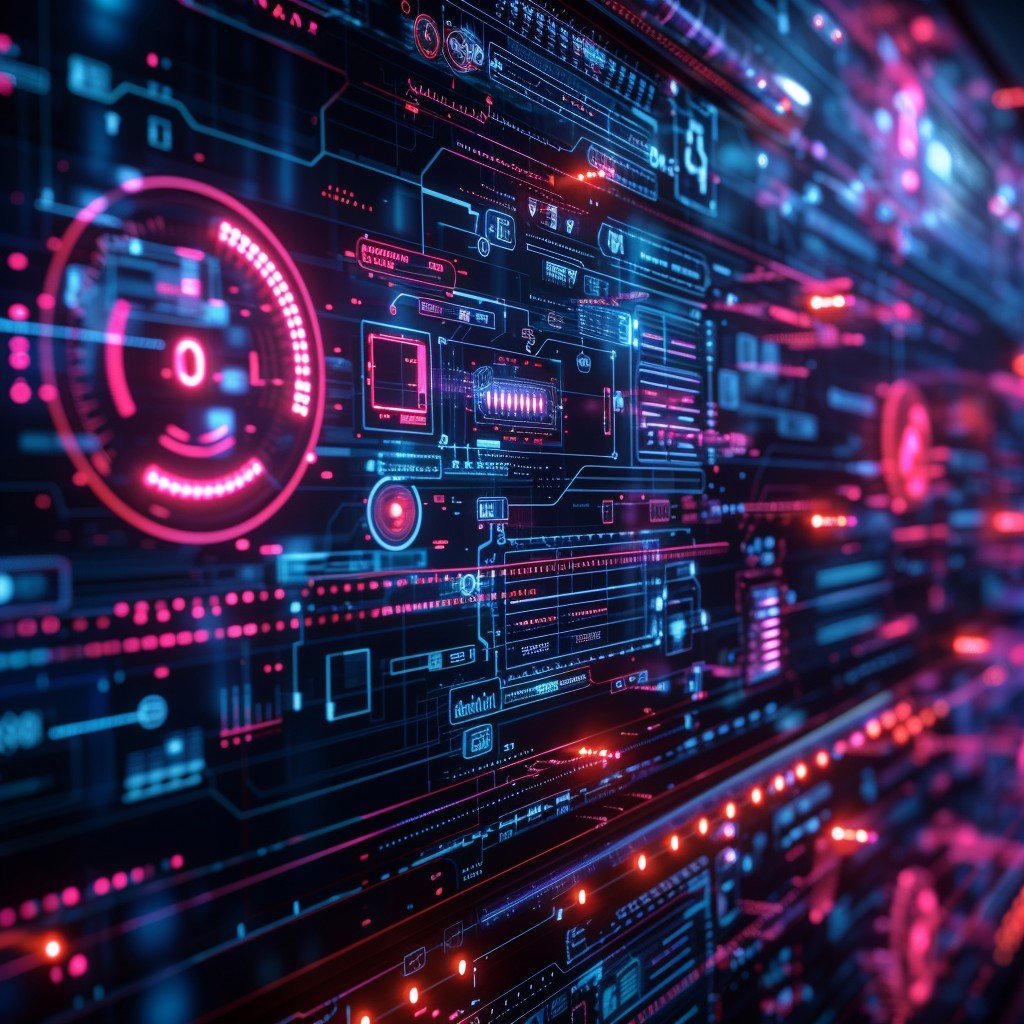
Navigating Ethical Challenges
To navigate these ethical challenges, it is essential to establish robust governance frameworks and ethical guidelines for the development and deployment of AI technologies. Organizations must prioritize transparency, accountability, and fairness in their AI practices. This includes implementing measures to protect data privacy, actively working to eliminate biases, and ensuring that AI technologies are used responsibly.
Regulatory bodies and policymakers also play a crucial role in shaping the ethical landscape of AI. By enacting laws and regulations that address the unique challenges posed by AI, they can help ensure that AI technologies benefit society as a whole while minimizing potential harms.
The Future of AI in Everyday Technology
The rise of AI in everyday technology marks the beginning of a new era of innovation and transformation. As AI continues to evolve, it will unlock new possibilities and reshape various aspects of our lives. From enhancing convenience and personalization to transforming healthcare and education, AI is poised to have a profound impact on society.
However, realizing the full potential of AI requires a concerted effort to address the ethical and societal challenges it presents. By fostering collaboration between technologists, policymakers, and the public, we can ensure that AI technologies are developed and deployed in ways that promote the greater good.
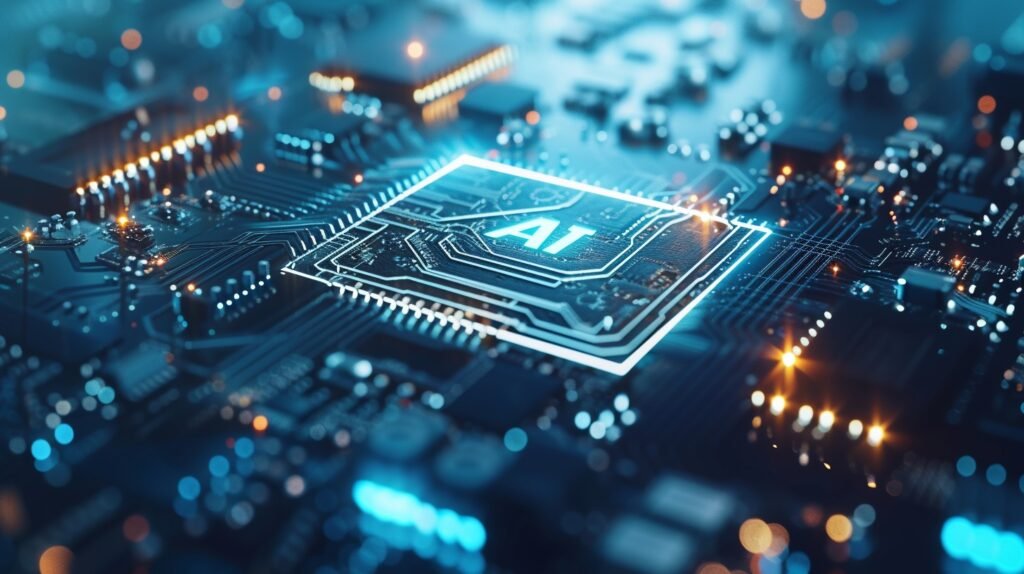
Conclusion
In conclusion, the rise of artificial intelligence in everyday technology heralds a new era of innovation, transforming the way we live, work, and interact with the world around us. From virtual assistants and personalized recommendations to healthcare diagnostics and autonomous vehicles, AI is reshaping diverse aspects of our lives, promising unparalleled convenience, efficiency, and customization. However, as we embrace the transformative power of AI, it is imperative to navigate the associated ethical and societal challenges conscientiously, ensuring that AI technologies are harnessed for the greater good of humanity.
As AI continues to advance, it is essential to remain vigilant about its ethical implications and work towards creating a future where AI technologies enhance human well-being while respecting our values and principles. The journey to integrating AI into everyday life is ongoing, and with thoughtful consideration and responsible innovation, we can harness the power of AI to create a better, more equitable world.

